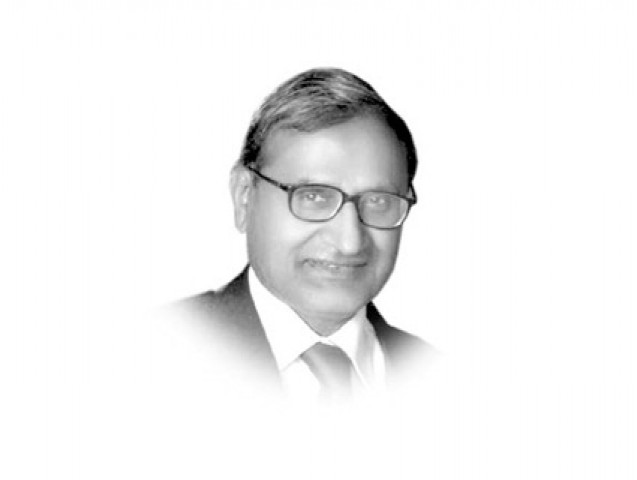Economic consequences of the 20th Amendment
It ensures that overzealous reformers will not waste time and energy on transforming economic governance in 90 days.

A caretaker government is meant to run the routine business of the government while the Election Commission holds elections without fear or favour. However, caretaker governments in the past have been the handiwork of the establishment, working through the president. Under the new Amendment, the role of the president is ceremonial, in that, he administers oath of office to the caretaker prime minister and cabinet. In the interest of the political system, the new institutionalised arrangement will force the outgoing government and the opposition to agree on names that do not have long-term ambitions. In this regard, the notion that technocrats without formal political affiliations are more likely to be neutral and respectful of their mandates, is patently false. This does not exclude my own profession of economics. In fact, it is largely the economists, especially from the IFIs, whose good economic intentions pave the way to political hell. As an extension of the establishment, they tend to believe that ‘good’ economic policies can be quickly enforced in a political vacuum and that the public financial system may be freed of corruption, rent-seeking and patronage without any understanding of the political economy and the institutional foundations of ‘bad’ policies. As the revival of the political process either rolls back ‘good’ policies or soft-pedals them, the ‘good’ economists blame the politicians and the political process for failing to deliver and turn to longer lasting unelected regimes. Regime stability is thus seen as crucial to economic stability, which is deemed to be a necessary condition for growth.
The presidential caretaker government in 1988 left a ready-to-sign agreement with the IMF for an unprepared Benazir government. Her government was dismissed on charges of corruption. At that time, the president appointed a caretaker government under Ghulam Mustafa Jatoi, which spent most of its time in instituting accountability proceedings against political foes. Even elected political friends were not tolerated for long. The first Nawaz Sharif government was also dismissed on charges of corruption. Moin Qureshi of the World Bank took over as caretaker prime minister. He set out to launch a reform agenda that would have required more than a decade to see it through. Some fundamental measures — like introducing the agricultural income tax and ensuring the autonomy of the State Bank — were taken. But the succeeding elected government had other priorities. The second Benazir government was again thrown out for corruption. Headed by Meraj Khalid, this caretaker government was effectively run by economists. A large number of task forces were established, the important ones being on tax reform, privatisation, throw forward of the PSDP, circular debt and the State Bank autonomy. Loan defaulters were put on notice and the regime went as far as imposing a new National Finance Commission award. Claims were made that the president would ensure continuity of the economic reform. Elected with a two-thirds majority, Nawaz Sharif showed no interest in continuing with the caretakers’ agenda. Soon the president, who was supposed to have protected the reform, was also sent packing.
The 20th Amendment ensures that overzealous reformers will not waste time and energy on transforming economic governance in 90 days, or through prolonged escapes from electoral politics. Good economists had better join the political parties of their choice and take the long route to create sustained political ownership for economic reform.
Published in The Express Tribune, February 17th, 2012.















COMMENTS
Comments are moderated and generally will be posted if they are on-topic and not abusive.
For more information, please see our Comments FAQ